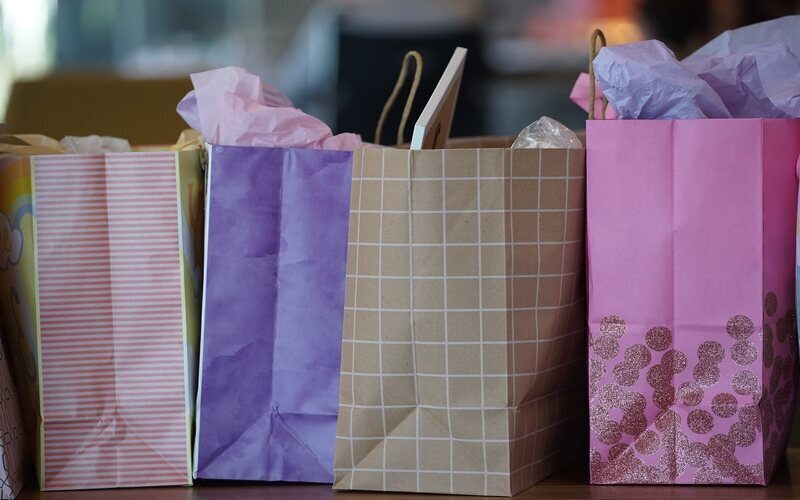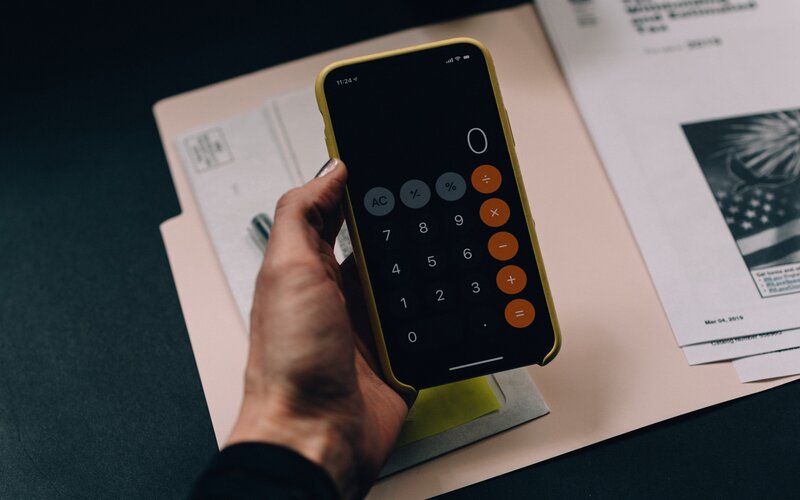The CommBank Household Spending Intentions Index (HSI) decreased by 6.9% in January to 110.6.
- CommBank's Household Spending Index declined by 6.9% in January.
- Retail (-21.3%) and Entertainment (-13.2%) sectors led the decline following the busy Christmas period.
- With further rate rises likely in the coming months, consumer spending is expected to slow.
- New data from Real Insurance found 49% of Aussies are willing to ditch spending on entertainment, socialising, and eating out.
The data shows the fall in January was led by a seasonal decline in the retail (-21.3%) and entertainment (-13.2%) sectors, following stronger spending on eating and drinking out in the Christmas period.
Meanwhile, domestic and international travel boosted the travel spending index by 8.2% reflecting pent-up demand after two years of Covid restrictions.
There was a large lift in spending on airlines and more modest gains on cruise lines, trailer parks and campgrounds, and travel agents, while spending on accommodation fell.
CBA Chief Economist Stephen Halmarick said while Australians had made the most of the summer break, households were beginning to feel the pinch from rising interest rates and bills.
“Australians certainly took advantage of the first ‘normal’ summer break since the beginning of the pandemic to take a holiday and this helped support general levels of spending across the economy,” Mr Halmarick said.
“With CBA predicting further interest rate hikes from the RBA in the coming months and a high volume of fixed rate home loans expiring over the next 12 months, household budgets are becoming increasingly constrained.
“We expect a slowdown in consumer spending in 2023 and downside risks are building for the Australian economy.”
| Spending Category | Monthly Change % | Yearly Change % |
| Retail | -21.3% | +5.9% |
| Entertainment | -13.2% | +3.0% |
| Household Services | -11.0% | +10.4% |
| Transport | -7.9% | +58.3% |
| Education | -1.5% | +6.7% |
| Home Buying | -0.7% | -22.4% |
| Health and Fitness | -0.4% | -11.8% |
| Insurance Costs | 0.0% | +0.7% |
| Communications and Digital Streaming | +0.1% | -0.8% |
| Utilities | +0.2% | +6.1% |
| Motor Vehicle | +6.8% | +10.7% |
| Travel | +8.2% | +5.6% |
Source: CBA Household Spending Index January 2023
CBA’s economics team is forecasting two further 25 basis point interest rate increases in March and April 2023 to reach a peak cash rate of 3.85%.
However, some financial markets now expect the cash rate to hit 4.1% by August.
During a Senate hearing in Canberra, Reserve Bank Governor Philip Lowe admitted he does not know how far interest rates will rise.
"There is a risk that we have not yet done enough with interest rates and spending is more resilient and that inflation stays high,” Dr Lowe said.
“We hear the message loud and clearly. And we factor that and we talk about at every board meeting how this is really, really hurting some households.
“But we also talk about if we don't get on top of this, the pain will be worse. It's not a nice message, but that's the reality we face.”
What expenses are Aussies willing to cut out?
New data commissioned by Real Insurance revealed consumers are adapting and reevaluating their spending habits given the current cost of living crisis.
Of the 1,207 survey respondents, 49% are willing to ditch entertainment, socialising, and eating out, while home deliveries (46%) and takeaway coffees (43%) are also being sacrificed.
To try and save money on food and grocery related costs, 40% of Aussies are utilising loyalty programs while 51% are bargain hunting for weekly specials.
Financial Advisor Glen Hare said many Australians have become increasingly conscious of what comes in and out of their bank accounts.
“This includes unsubscribing from memberships they no longer use, shopping around for more cost-effective necessities, such as health insurance, utilities and gym memberships, and reviewing banking fees,” Mr Hare said.
“This is all to be smarter with their income, an attempt to counteract the growing cost of living pressures.”
Image by Jacek Dylag via Unsplash



 Harry O'Sullivan
Harry O'Sullivan
 Harrison Astbury
Harrison Astbury

 Denise Raward
Denise Raward
 Emma Duffy
Emma Duffy

